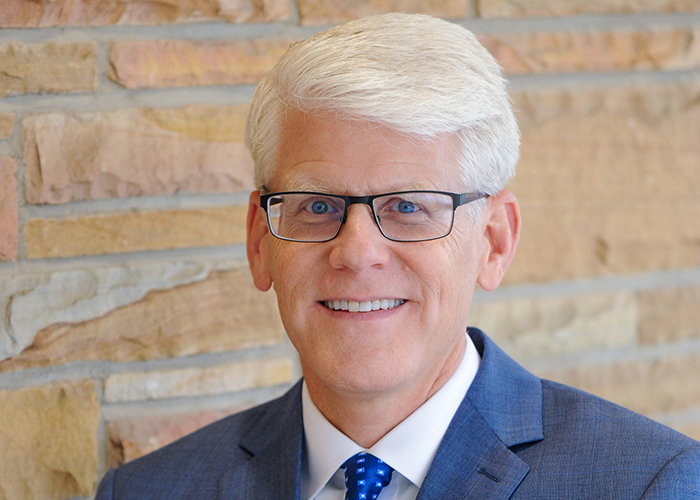homepage | Warren Wandling Discusses Overcoming Self-limiting Beliefs Through Leadership With Purpose
June 25, 2024
June 25, 2024

Our thoughts get in our way sometimes. You have an idea you want your team or company to pursue or a goal to achieve. You envision how it works, next steps to accomplish, and even the benefits from a well-executed plan. And then you don’t start. Self-limiting thoughts and behavior intrude.
“As a leader, it is imperative to be aware of self-limiting thoughts because this will impact daily actions. This is known as self-talk, or what the leader is saying to themselves,” says leadership coach and expert Warren Wandling.
With training and practice, you can overcome negative thoughts and self-talk.
“The leader’s behavior moves towards the direction of their dominant thoughts about their goals. Self-talk can move leaders towards or away from goals,” says Wandling.
Learn how to lead yourself and others with purpose and direct your positive energy toward executing a plan, guiding a team, and achieving goals.

What are self-limiting beliefs and negative self-talk?
Self-limiting beliefs are like mentally installing a gate between your thoughts and your goals. Learned beliefs become assumptions or perceptions that hold you back from achieving a goal. Once learned, acting on self-limitations can prompt choices where the experience matches the belief and further reinforces the belief.
“If the self-talk is negative around the fear of success or failure, it will become an obstacle to reaching their leadership goals. The self-talk might sound like, ‘I don’t have enough experience, I don’t have the confidence, or I don’t deserve to be a leader,’” says Wandling.
For example, a person who struggles with a task or activity might self-label themselves as lazy, stupid, or not capable. Applying a label to yourself is a self-limiting behavior. Likely, it is something you may have learned or heard about other people who struggle. You may not want to try out of fear of other people applying the label. Verbalizing that negative line of thought is self-talk.
Identifying with the label can alter behavior where you avoid the task or activity. In other words, you don’t give yourself the opportunity to try, whether you fail or succeed. This inhibits the ability to learn and improve your skill, or simply be open to the experience and whatever feelings it might generate.
What are some other self-limiting beliefs?
How to minimize self-limiting beliefs?
These self-limiting beliefs and others can disrupt or hold you back from achieving goals as a project or team leader. Uncovering a self-limiting belief is a proactive first step.
“For leaders to reach their full potential, it is imperative to learn to lead from within. One impactful strategy is teaching leaders to eliminate negative self-talk around the fear of success and failure,” says Wandling. “This will not only impact the leader, but it will also impact their team.”
In Leadership With Purpose, expert facilitator Warren Wandling guides participants to explore and understand self-limiting beliefs. You will learn about the fear of success or failure. You’ll gain insight into how your beliefs can become a mental gate that holds you back from achieving your full potential.
Wandling’s program covers many other topics relevant to emerging and aspiring leaders. You will learn to master the skills that leaders need to know for personal development, develop strategies to reduce your stress, find your purpose and fuel your leadership vision, and more.
The program is ideal for small groups who are ready to develop as more effective leaders. Complete the form below and contact UMKC TalentLink to learn more.

"*" indicates required fields